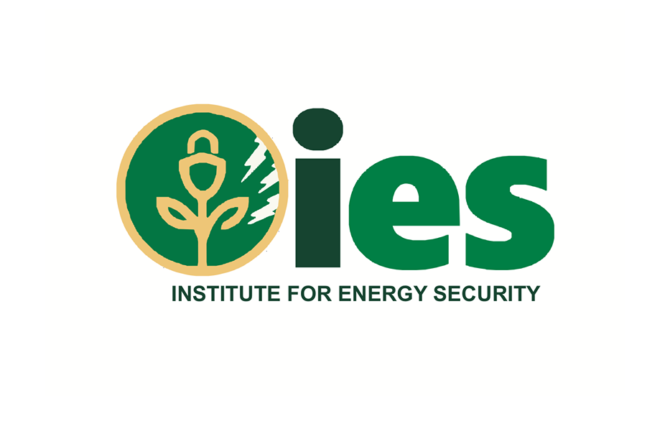The Institute for Energy Security (IES) has questioned the assumption used in establishing the new electricity tariffs by the Public Utility and Regulatory Commission beginning February 1, 2023.
On the four key variables, the IES believes the rates for cedi/dollar exchange rate and inflation rates reflects market conditions.
However, the IES considers the assumption used by the PURC on the electricity generation mix of 26.11% hydro and 73.89% thermal as baseless, stating “that assumption amounts to given priority to thermal power generation over hydro, given that water elevations for Bui and Akosombo generating stations (GS) have improved, and capable of producing close to 38% of power in 2023, in IES' estimation”.
“Although the IES has anticipated that the average electricity end-user tariff (GH₵/kWh) covering residential, non-residential and special load tariff electricity consumers would see an increase within the year, the expected increase in tariff was anticipated to be marginal should more of hydro-electric power be produce from the generation mix”.
The energy think tank therefore called on the PURC to reconsider the energy mix assumption used in the tariff adjustment to reflect improved water-head levels as that has an impact on the Weighted Average Cost of Gas, which has been reviewed to $6.0952/MMBtu from $5.9060MMBtu.
This, it believes will bring down the 29.96% tariff increase for all electricity consumer groups, thus introducing some relief to the already burdened citizens, in the face of the current economic crisis.
“Should the PURC decide to maintain the 26.11% hydro-thermal and 73.89% thermal electricity generation mix for 2023 as the basis for the high tariff increment, that position would amount to promoting inefficiency and deliberately burdening the Ghanaian with high electricity cost”, it pointed out.
Akosombo, Bui in better positions to produce electricity
It further said data from Akosombo and Bui indicate elevations at the beginning of 2023 compared to previous years are in a better positions to produce more electricity than the thermals, adding “Bui's water elevation is expected to help produce more megawatts to meet increasing electricity demand at particularly peak hours, and extended mega Vars to support voltage on the grid and help reduce transmission losses, if dispatched conservatively throughout the year”.
The institute therefore agreed with the expectation that bulk of the capacity generation for 2023 would come from thermal sources if natural gas supply is sustained, and planned plant maintenance schedules is strictly adhered to.
However, with improved water-head levels, hydropower generation is estimated to produce close to 38% of 2023 capacity, should hydro-electric have dispatch priority over thermal in the generation mix.
Latest Stories
-
Bawumia supports Muslim community with over 3,000 bags of rice during Eid ul Fitr
21 minutes -
“I Love You” may fuel domestic abuse in Ghana, KNUST researcher argues in new study
35 minutes -
Today’s Front pages: Wednesday, April 2, 2025
57 minutes -
AG engaging media on fight against corruption not wrong – Dr Osae Kwapong
1 hour -
Ntim Fordjour demands accountability for missing ECG containers amid National Security evacuation
1 hour -
Roads Minister orders commencement of works on Ashaiman-Afienya and Tema Motorway-Dawhenya stretches
1 hour -
Real Madrid reach Copa del Rey final after 8-goal extra-time thriller
1 hour -
Ports and pots: Vessels of trade, culture, and survival; a metaphorical and strategic exploration
1 hour -
Let’s be careful CJ’s removal process doesn’t become a political tool – Dr Osae Kwapong
1 hour -
We have not received complaints about politicians being involved in galamsey – EPA boss
1 hour -
GhIE holds closing banquet & Engineering Excellence Awards
2 hours -
Government enacts landmark Public Financial Management Act to enhance fiscal discipline
2 hours -
Ghana Italian Women and Men Association donates over 2,000 furniture to schools
2 hours -
Ghana enacts Public Financial Management Act to enhance fiscal discipline
2 hours -
Expanding Ghana’s healthcare market: the rise of medical tourism
2 hours

